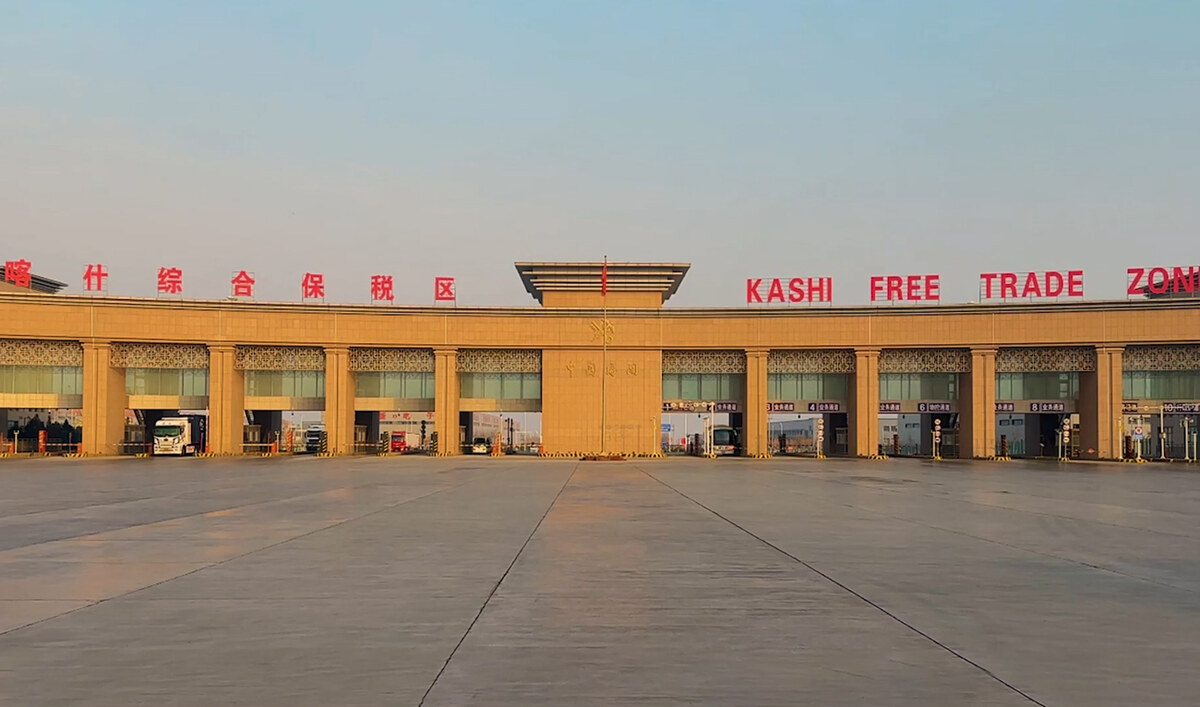ISLAMABAD: Multiple attacks in Pakistan’s restive southwest have killed at least 39 people, the highest death toll in a 24-hour period blamed on separatists in Balochistan province in recent years.
Gunmen mowed down people after dragging them off buses, cars and trucks. Police and passersby were fatally shot in broad daylight in another district. A railway bridge connecting the province with the rest of the country was blown up. A police station was attacked. There have been other reports of shootings.
The assaults were more audacious and brutal than the ones usually perpetrated by militants, who normally target security personnel or installations.
Here’s a look at what is happening in Balochistan:
The background
Though Pakistan’s largest province, Balochistan is its least populated, made up largely of high mountains. It’s also a hub for the country’s ethnic Baloch minority, whose members say they face discrimination and exploitation by the central government. That has fueled a separatist insurgency demanding independence. Islamic militants also operate in the province.
The government says it has largely quelled the violence, but assaults persist with raids by security forces and counterattacks.
Who’s who?
The main player is the outlawed Balochistan Liberation Army, which Pakistan and the US have designated as a terrorist organization. It opposes the Pakistani government and wants a sovereign state that includes territories in Pakistan, Iran and Afghanistan. It targets security forces in Balochistan and sometimes Karachi, Pakistan’s largest city and economic hub in Sindh province next door.
The BLA frequently, but not always, claims attacks. It has been banned since 2006.
The group was emboldened by the Pakistani Taliban ending a ceasefire with the government in November 2022 and ordering their fighters to resume attacks on the military. Islamabad-based analyst Abdullah Khan said the BLA is operating in the province with the support of other groups.
Last December, the leader of another insurgent group said he had surrendered to authorities with some 70 of his followers. Sarfraz Bungulzai, from the Baloch National Army, declared his regret for his role in kidnapping civilians for ransom and killing unarmed people.
The neighborhood
The volatile relationship between Iran and Pakistan compounds the insecurity and instability. They share a 900-kilometer (560-mile), largely lawless border where smugglers and fighters roam freely.
Insurgencies on either side of the Iran-Pakistan border have frustrated both countries. Their governments suspect each other of supporting — or at least tolerating — some of the groups operating on the other side of the border.
Massive Chinese-led infrastructure projects are also driving unrest, as separatists accuse the federal government of unfairly exploiting oil- and mineral-rich Balochistan at the expense of locals.
Thousands of Chinese workers are in Pakistan, most of them involved in Beijing’s multibillion-dollar Belt and Road Initiative that connects south and central Asia with the Chinese capital.
What’s different about the latest attacks?
Separatists, usually from the BLA, launch small-scale assaults on security forces and installations, with the death toll in the single digits.
But the coordination and tactics of the past 24 hours reveal a greater level of ambition, defiance and sheer brutality. The BLA had warned people to stay away from highways ahead of the attacks — it doesn’t normally give notice.
Sunday night’s highway assault was reminiscent of one in April, when gunmen killed nine people after abducting them from a bus. The same attackers had earlier killed two people and wounded six in another car that they forced to stop. Both incidents were claimed by the BLA.
In May, gunmen fatally shot seven barbers, all from eastern Punjab province, apparently part of a drive to force outsiders to leave Balochistan.
Analyst Khan said the BLA is getting better at mobilizing fighters in different areas and that its operational capabilities have increased tremendously. Authorities estimate the BLA has around 3,000 fighters.
What’s the impact?
Islamabad-based security analyst Syed Muhammad Ali said the latest killings are an attempt to harm the province economically, because “the weakening of Balochistan means the weakening of Pakistan.”
While insurgent attacks aim to discourage people from outside the region from traveling, trading, or working in the province, they also make life harder for the Balochis by discouraging investment, aid and disrupting the flow of goods and services, Ali said.
A decades-long crackdown and heavy-handed militarization to combat militancy creates additional trauma for locals, who have deep grievances about enforced disappearances and extrajudicial killings.
Thousands protested last month against police violence, an Internet shutdown and highway closures. At least one person was reportedly killed.
Analyst Khan said the timing was an attempt to sabotage Pakistan’s effort to present the province as a secure place for international investment.






















